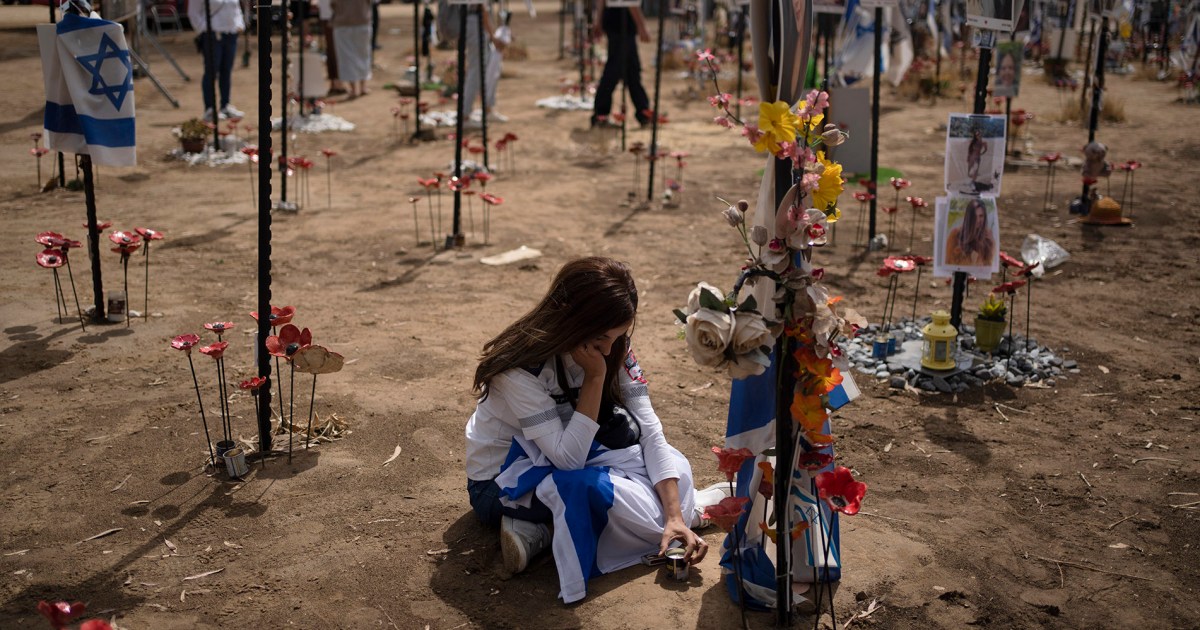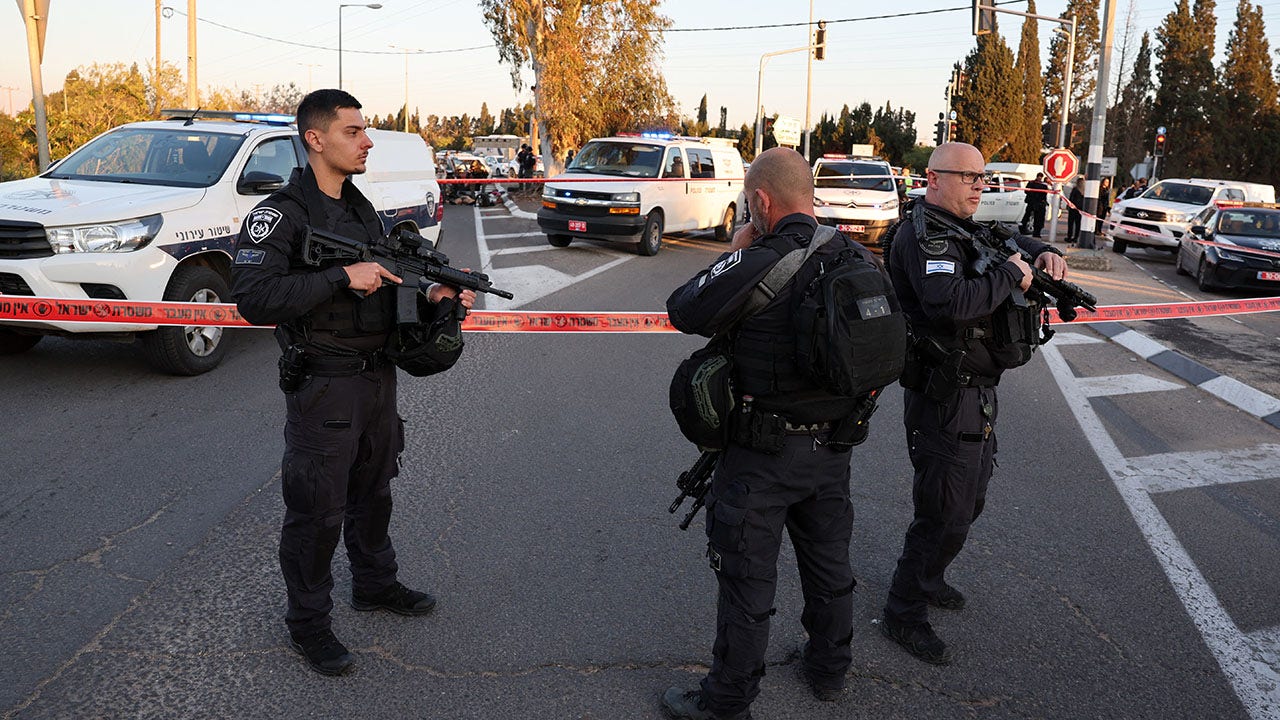Israeli Military Report Uncovers Failure Ahead of Hamas Attack
An Israeli military investigation reveals critical misjudgments prior to Hamas's Oct. 7 attack, prompting calls for government accountability from the public and officials.
Overview
The Israeli military's investigation into the Oct. 7 Hamas attack highlights severe miscalculations about Hamas's intentions and capabilities. This inquiry, led by Lt. Gen. Herzi Halevi, raises pressure on Prime Minister Netanyahu amid widespread public demands for accountability. The report emphasizes that the military was unprepared, having underestimated the extent of Hamas's operational routes and intentions. Families of victims seek answers while Netanyahu faces scrutiny over his leadership and strategic decisions in the years leading up to the attack. Calls for a comprehensive inquiry intensify with resignations in the military hierarchy.
Content generated by AI—learn more or report issue.

Get both sides in 5 minutes with our daily newsletter.
Analysis
- The Israeli military determined that Hamas was able to execute a large-scale attack due to misjudgment of their intentions and capabilities by the Israeli defense forces.
- The ceasefire agreement has led to a temporary halt in the conflict, with calls for inquiries into the political decision-making preceding the Oct. 7 attack, which has not yet been addressed by Israeli leadership.
- As the ceasefire negotiations progress, the future of Gaza governance remains contentious, with Hamas willing to relinquish control under certain conditions, while Israel wants to ensure that Hamas's military capabilities are dismantled.
Articles (8)
Center (2)
FAQ
The primary reasons included a misjudgment of Hamas's intentions and an underestimation of its capabilities, along with overconfidence in Israel's military superiority and intelligence assessments that Hamas was focused on governing Gaza rather than engaging in conflict[1].
The report increases pressure on Prime Minister Netanyahu to launch a broader inquiry into the political decisions leading up to the attack. Many Israelis blame Netanyahu's policies for the failure to prevent the attack, and there are calls for accountability[3].
The report has led to resignations among high-ranking military officials, including the head of military intelligence and Israel's top general, Lt. Gen. Herzi Halevi, who is stepping down. The military acknowledged its failure to protect civilians and is undergoing a process of accountability.
History
- This story does not have any previous versions.





